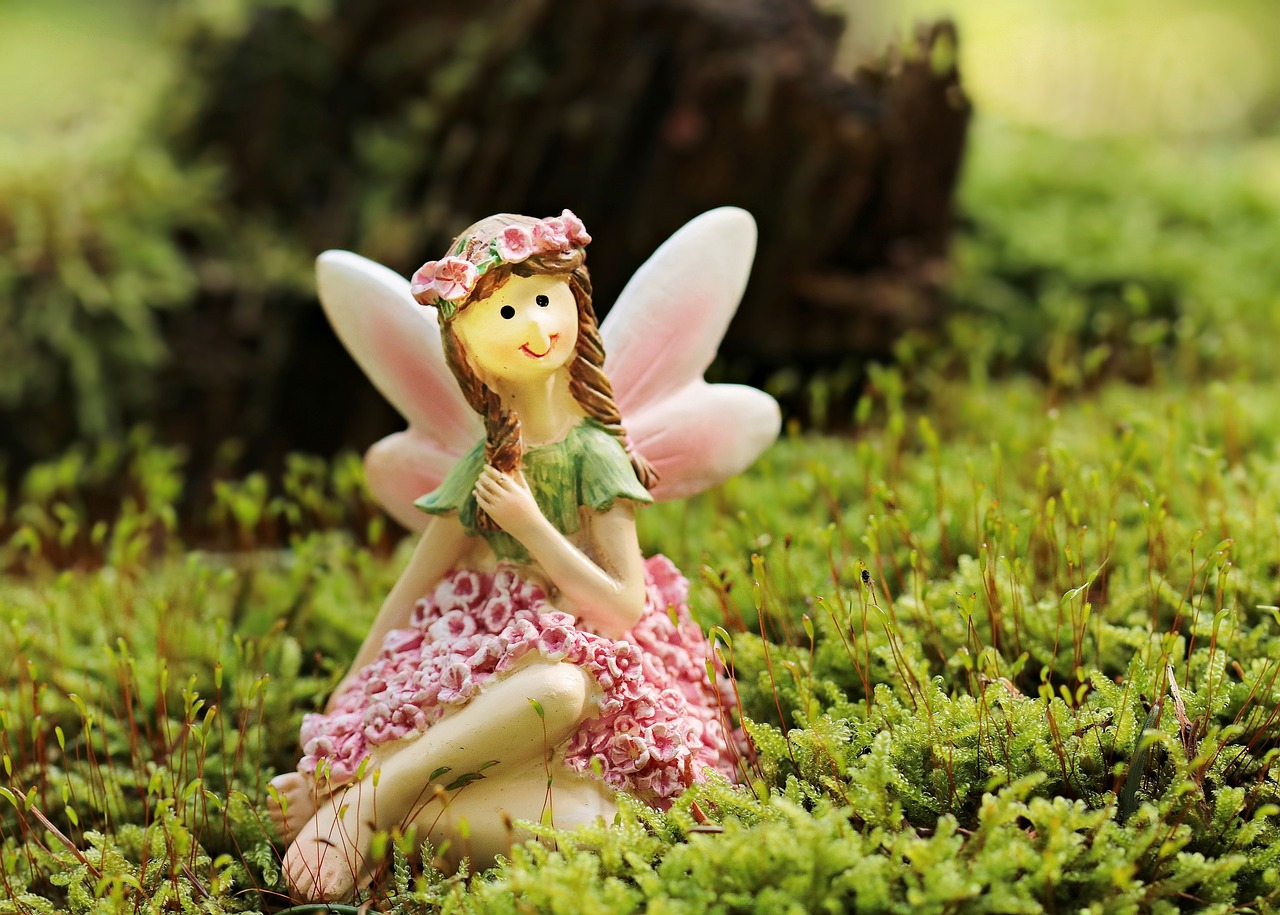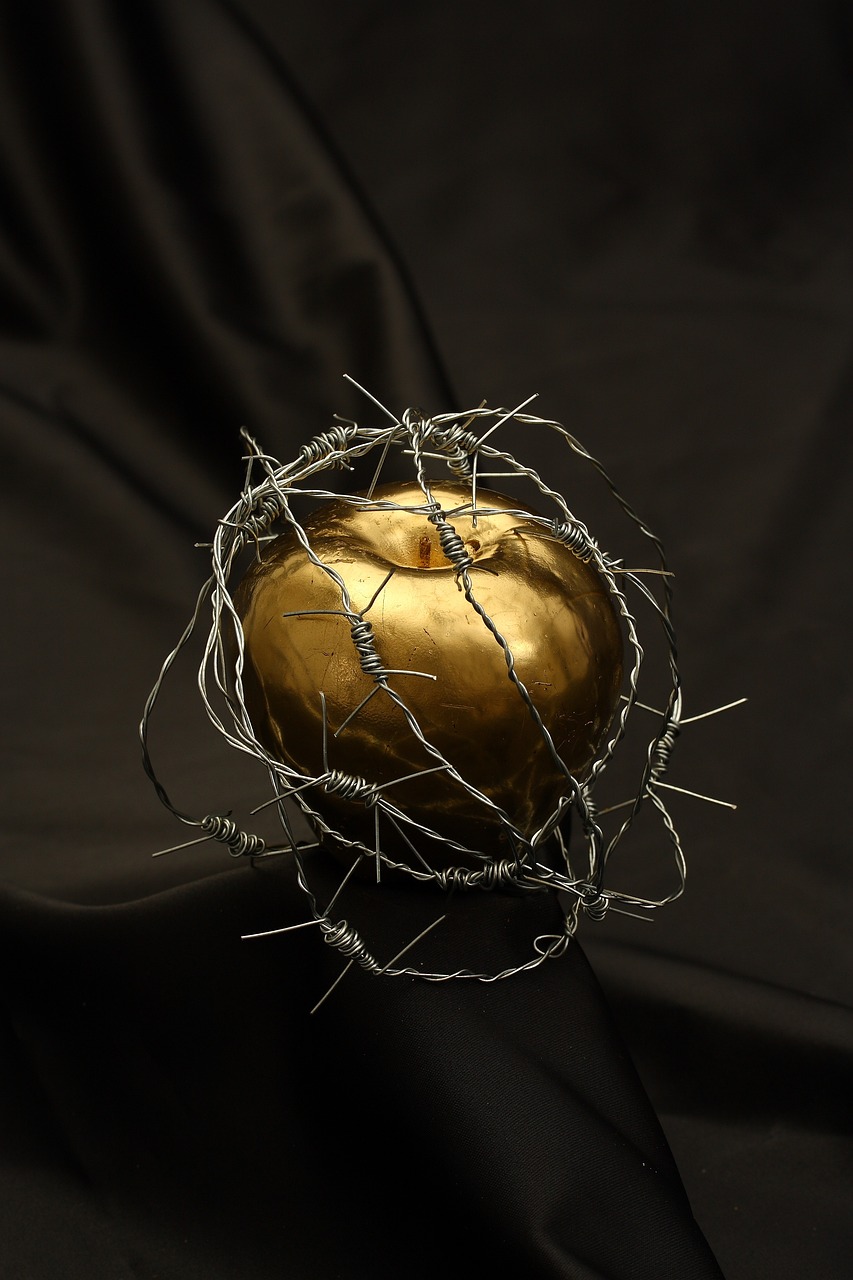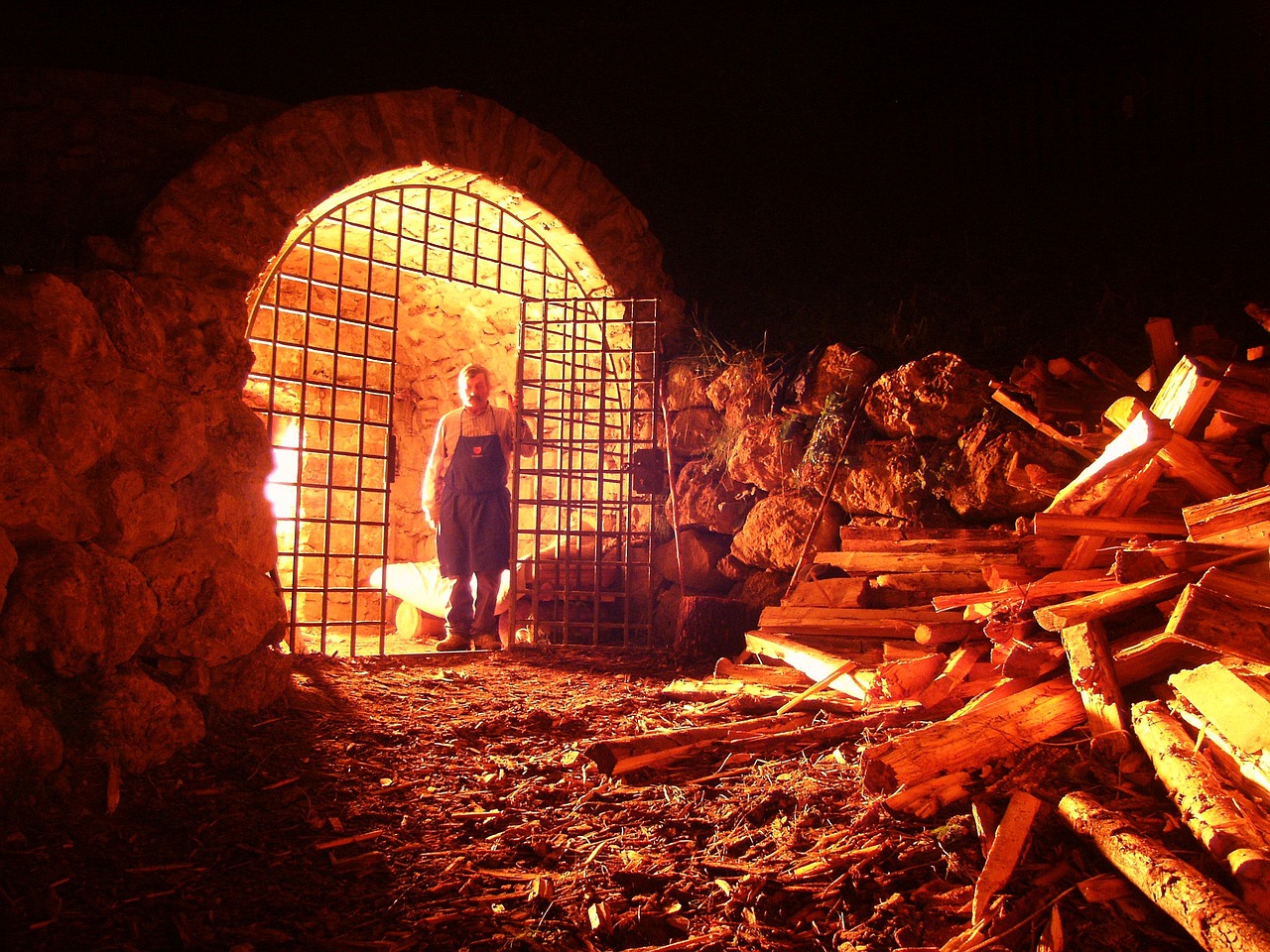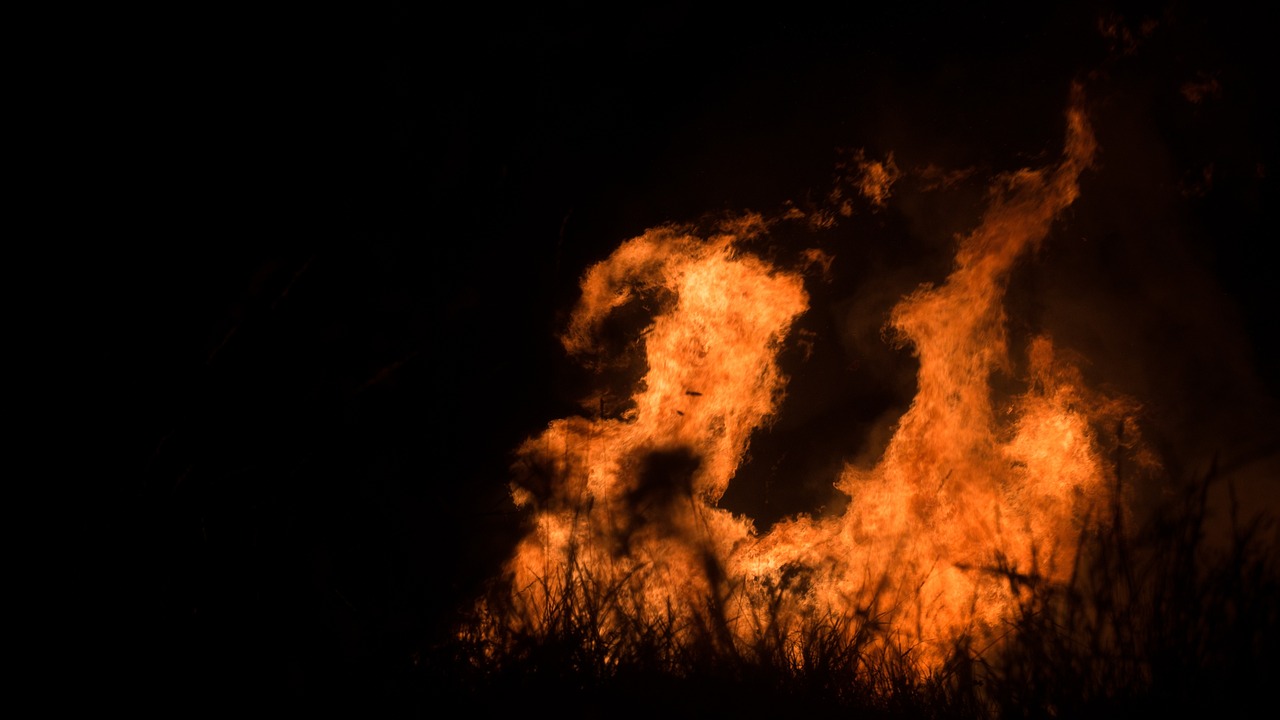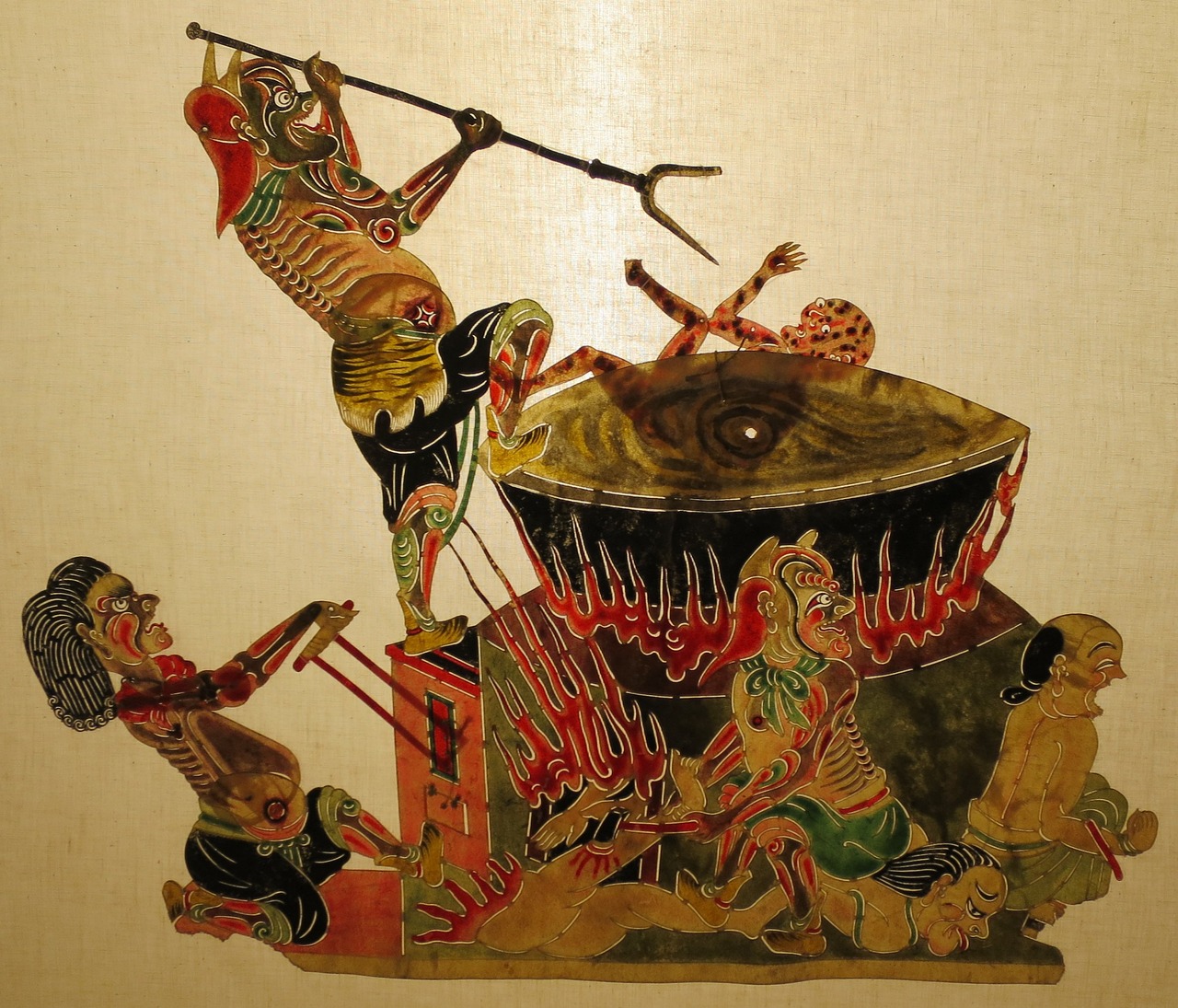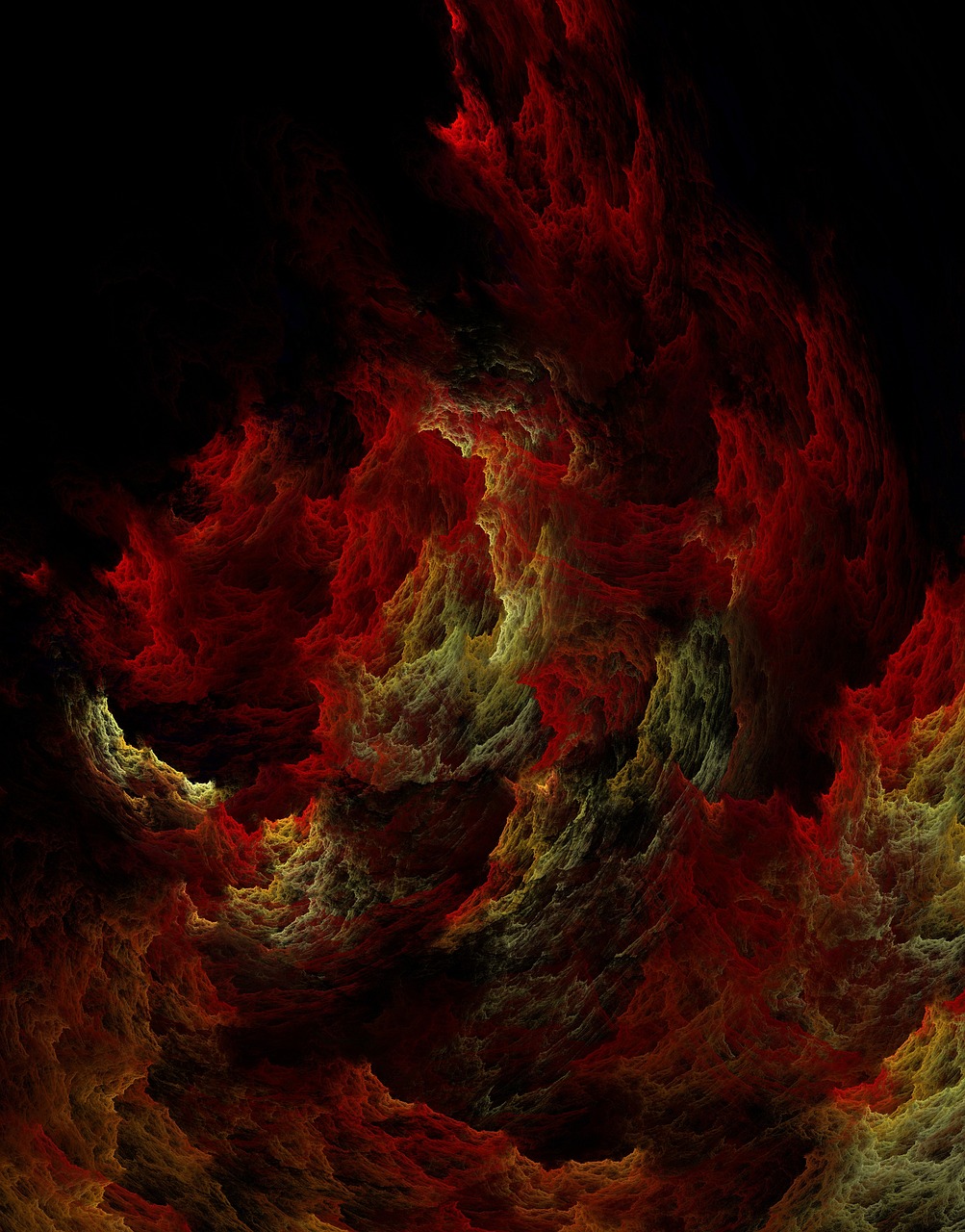Author: Erlang Shen
-
The Tale of Hodr: Varied Visions of Baldur’s Death Hodr, whose name translates to “Warrior” from Old Norse, emerges from Norse mythology primarily through the account of Baldur’s demise. This singular narrative has two distinctly different renditions that provide insight into the characters and themes of that era. The most widely recognized version comes from…
-
Hodr: The Blind God of Darkness and Winter Hodr, originating from Old Norse as Höðr, embodies the essence of darkness and the chill of winter. He is the offspring of Odin and Frigga, proudly standing among the twelve prominent Aesir gods. Despite his divine status, he inadvertently plays a tragic role in the demise of…
-
Understanding Hel: The Norse Goddess of the Underworld Hel is a prominent figure in Norse mythology, drawing references from multiple ancient texts including the Prose and Poetic Eddas, Hemskringla, and Egils Saga. Her presence is noted in the historic Gesta Denorum and even appears on Viking-era bracteates (metal jewelry) as well as in Skaldic poetry…
-
In the intricate weave of Norse mythology, one encounters a captivating and enigmatic entity—Hel, the goddess of death. Her dominion, located in the somber shadows of Niflheim, presents a realm instilled with both fear and reverence. This exploration delves into Norse cosmology, unveiling Hel’s role and significance among the deities of this ancient belief system.…
-
Understanding Hel: The Norse Underworld In Old Norse mythology, Hel (pronounced similarly to “Hell”) serves as the primary term used to describe the underworld, a realm inhabited by many of the deceased. This domain is governed by a formidable goddess who shares the same name. It may also be referred to as Helheim or The…
-
Hel: The Enigmatic Goddess of the Underworld Hel, deriving from Old Norse “Hel,” meaning “Hidden,” is a significant figure in Norse mythology, presiding over the underworld that shares her name. This “hidden” connotation speaks to the nature of death, as it often signifies that which is concealed beneath the earth. In the accounts of the…
-
In the realm of Norse mythology, the entity known as Hel serves as the sovereign of the underworld. Individuals who pass away due to illness or old age, or those deemed cowardly and dishonorable by the divine assembly, find their resting place in her domain, referred to as Helheim. This notion held significant weight during…
-
Hel: The Norse Sovereign of the Afterlife In Norse mythology, Hel reigns as the queen of the shadowy realm known as Hel. She is conceived as the offspring of Loki, the trickster god, and Angrboda, a giantess, with siblings including Fenrir the wolf and Jörmungandr, the World Serpent. While often categorized as a goddess, Hel…
-
Hel: The Norse Ruler of the Underworld In Norse mythology, Hel reigns as the queen of the underworld realm known as Hel. She is the offspring of Loki, the notorious god of mischief, and Angrboda, a giantess. Hel is also the sister of significant mythical figures, Fenrir the wolf and Jörmungandr, the World Serpent. While…
-
Understanding Hel: The Norse Underworld Hel (Old Norse Hel, meaning “Hidden;” pronounced like “Hell”) serves as the most encompassing term for the realm where many souls reside after death. This domain is governed by a formidable goddess also named Hel. While it is sometimes referred to as “Helheim” or “The Realm of Hel,” these terms…

